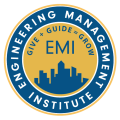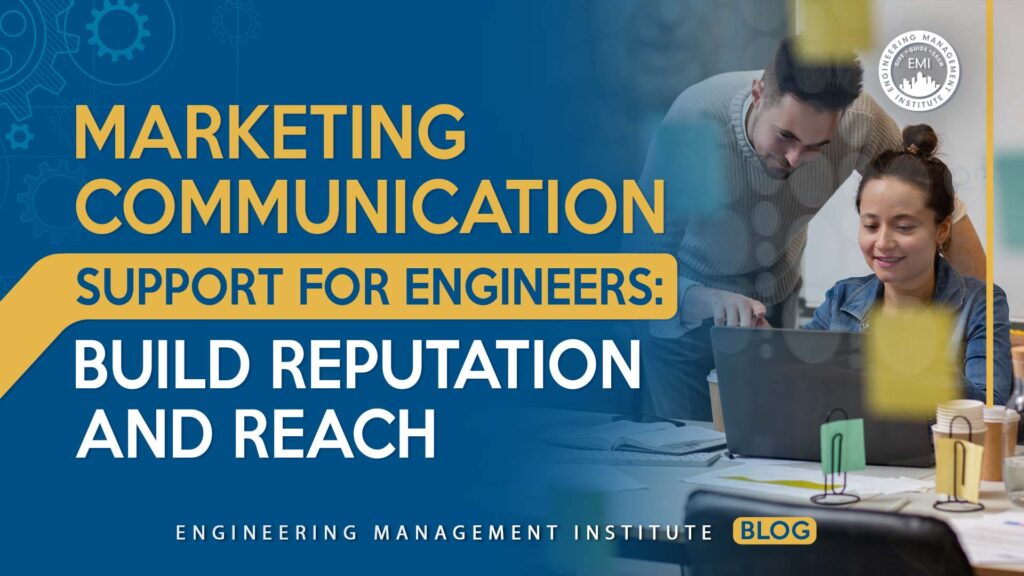Let’s start by saying the quiet part out loud. Not every business needs to hire marketing communication support. You may already know who all of your customers are, and they may completely understand your value and trust your brand based solely on those personal relationships and trust.
You need help when you are ready to grow past that initial circle and want to establish trust with larger audiences who aren’t familiar with you and the value you bring. You may be able to go it alone depending on the time you have to spend and your understanding of marketing, branding, and thought leadership, but, like anything in business, you have to balance needs, ambitions, and resources (including budget) intelligently.
Marketing, communications, SEO, content marketing, demand and lead generation, and many other programs, offerings, agencies, and consultants may feel like they belong in the same “promote to grow” bucket, but understanding the differences between these based on the intended outcomes and business goals is what you will continuously need to evaluate to ensure that your goals and budget are aligned.
Below, I offer my advice based on 35 years of working with small, midsized, and enterprise companies to communicate with engineering and more technically aligned audiences. I have arranged this information to help you ask both yourself and potential resources the right questions and make smart decisions when it is time to expand your brand and reputation outside your comfort zone.
Set Communication Goals Connected to Your Business Goals
B2B sales and marketing professionals are familiar with the “rule of seven,” meaning that, on average, a potential customer needs to see a positive message about your brand or product a minimum of seven times before they will consider buying. This means the more active businesses and professionals have a significant advantage.
First, we need to consider the “why” of communication. Communication theory teaches that there are four reasons to communicate: entertain, educate, persuade, and build relationships. Effective business communication will do all four, with an endgame focus on the last one: building strong (and profitable) relationships.
The most effective communication programs start with a quantifiable goal. Different communication professionals will approach this in very different ways. My personal preference is to measure in terms of “share of voice” by comparing the amount and quality of positive messaging in public sources (media, events, social platforms, etc.) between an organization and others telling similar stories (often, but not always, the largest business competitors). This approach establishes a benchmark and allows for meaningful measurement of success moving forward.
Understand the Four Stages of Effective Communication
At this point, it’s important to understand the four stages of an effective marketing communication campaign. While every professional communication association has their own acronyms and semantics around what they should be called, the meaning stays the same. They are:
- Research: understanding the market, technology, competitive space, media opportunities, etc.
- Planning: aligning research, messaging, and audiences with the right communication tactics to meet the goal discussed in the last section.
- Execution/communication – Acting against the plan above (publishing articles, presenting at events, posting on social media, etc).
- Evaluation: measuring how effectively your communication met your defined objectives.
And, of course, this is where the snake eats its own tail, with learnings from the evaluation phase feeding into research for future activities.
Invest Responsibly
These concepts themselves are simple. The hardest part is understanding where you need help and where it makes more sense to go it alone. Many marketing communication agencies and consultants will do what they can to convince you that the above is a package deal – that you need to invest heavily into half a dozen functions (advertising, PR, social media, internal communication, etc.).
The best approach to determining what and how much you should invest in marketing communication is to look at the four functions outlined above individually and take a more methodical/analytical approach. Hire a consultant to evaluate your needs, research, and help you develop a plan that takes your operating budget into account.
From there, you can take a tiered approach to campaign elements, outsourcing where absolutely necessary while still managing pieces of the mix in-house based on your overall ambitions and available resources.
Consider also that activities like communications, public relations, and thought leadership are necessary to set the foundation for your organization before it can be effectively promoted more broadly. Organic activities and media results can come from gaining attention with the right editors and through establishing your own community on established social media platforms where your targeted audiences are seeking valuable information. Once this foundation has been set, whether it takes a few weeks or a few months, it’s only at that stage that you should begin to consider long-term paid content marketing and lead/demand generation programs.
Find the Right Partner
To end, I want to offer five quick questions to ask whenever you are considering an external communication consultant or agency:
- Do they have at least a rudimentary understanding of the technology and industries you serve? Communicating to B2B engineering focused audiences is much different than it is in other, more consumer focused markets.
- What is their reputation in your industry? Working with a communication partner who is respected by your key audiences will help you better achieve your goals.
- Who are some of the other companies they work with – or have worked with in the past? Look for experience that is relevant to your own needs.
- How do they bill – and what would be the average annual cost to work with them? The sooner you can address this point, the easier it will be to determine if they can meet your needs given the available resources.
- Are they easy to talk to and work with? Evaluate them much as you would any supplier.
There are literally millions of communication professionals at agencies and working independently worldwide. Finding the one that is right for your business can be a difficult search, but – with diligence – you can find a partner that fits your needs.
About the Author

To learn more, connect with him on social media or reach out directly.






